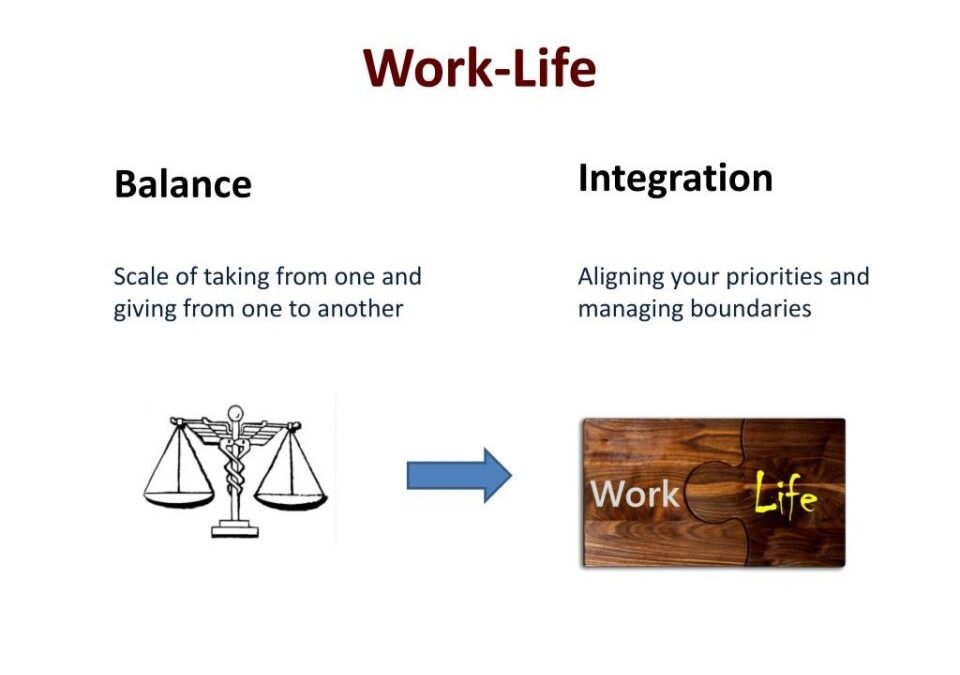How to Talk to Your Boss About Workload
From Leaders Plus: click here for the website
Leaders Plus is a social enterprise working with individuals during maternity leave, shared parental leave, and beyond to progress in their careers whilst enjoying their young families. Too often parents feel they have to choose between being a good parent and a fulfilling leadership career. We exist to change this.
We know that workload can be one of the biggest barriers to progression in to senior roles, especially when balancing a busy family life.
In fact, our recent research, Career Progression Gaps: The Next Frontier, showed that 85% of working parents surveyed chose not to apply for more senior roles for the fear that the workload would not be compatible with family life.
It’s also a common trap that we can easily fall into – the more we deliver, the more valuable we will be perceived and therefore (hopefully) rewarded with promotion.
But, if we’re not careful, we can inadvertently position ourselves as the person in the team who will reliably deliver more tactical tasks or overload ourselves so that we are unable to step up to more strategic projects when the opportunity arises.
Decluttering our workload and taking a more strategic approach to the projects we say ‘yes’ to is imperative if we want to successfully position ourselves for more senior roles whilst having the space to enjoy our families.
Here are a few tips on how to enlist your boss to help you do this…
1. Prepare:
Approach the conversation with a clear idea of what the root cause of your workload issue is and check their view of the situation. Are you working part time but expected to deliver a full time workload? Do you receive lots of last minute requests? Is there lack of clarity around critical jobs vs. ‘nice to haves’? Knowing, and agreeing, where the problem stems from will help you find a solution together.
2. Reinforce Your Commitment:
A study by the Fawcett Society found that 40% of women are seen as less committed by their employer once they have children, so be vocal about your commitment to counteract this. For example, “I am really passionate about our work and I want to explore how I can add the most value to the organisation”.
3. Focus on Impact:
What could happen if this issue is not addressed, both from a business perspective as well as for you personally? Highlighting any risks will help them to see you’re thinking holistically about the problem and to kick-start an action plan to turn things around.
4. Prioritise:
Look at what outcomes you are responsible for and identify which of those are nice to have and which are critical. There may only be one or two metrics that are absolutely essential. If your role has too many outcomes to be achieved, discuss with your boss which ones are essential and which can be removed or delegated.
5. Relinquish Perfectionism:
An over-burdened workload can come from a place of perfectionism. But often, there will be a handful of tasks in which we need to excel and many others that can simply be ‘good enough’. Recognising if perfectionism is a personality trait of yours will help you to take the next step to prioritise where to focus your effort. Check in with your manager if they are on the same page with your priority list.
6. Explore Extra Resource:
It may be the case that your business simply needs to invest in extra resource to support you. There are many ways this can be done and, depending on budget, might require a creative solution. This could look like adding permanent head count to the team, leaning on freelance support during busy times or even reaching out to another team for support as a short-term solution.
7. Regular Reviews:
Now that you’ve raised the issue of workload and put in place some practical solutions with your manager, it’s important to implement regular reviews to ensure those solutions are working for everyone. A simple way of doing this without adding too much to anyone’s plate could be to end each week with an email sharing what’s been achieved that week as well as priorities for the week ahead.
I have expanded on these tips with further information and advice in our blog How to talk to your boss about your workload.
The points of view expressed by the authors of videos, academic or non-academic articles, blogs, academic books or essays (“the material”) are those of their author(s); they in no way bind the members of the Global Wo.Men Hub, who, amongst themselves, do not necessarily think the same thing. By sponsoring the publication of this material, Global Wo.Men Hub considers that it contributes to useful societal debates. Material could therefore be published in response to others.







Commentaires récents